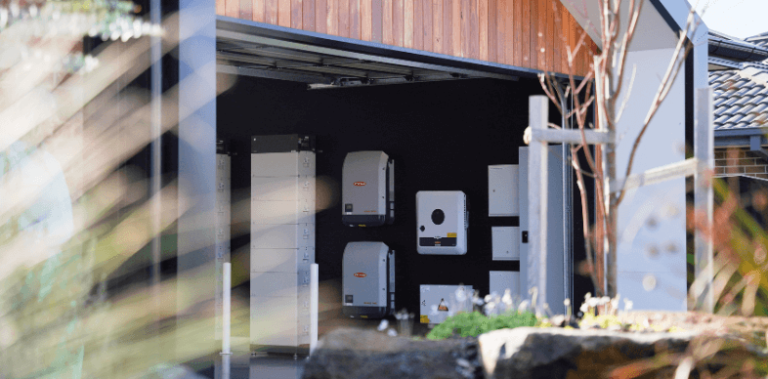
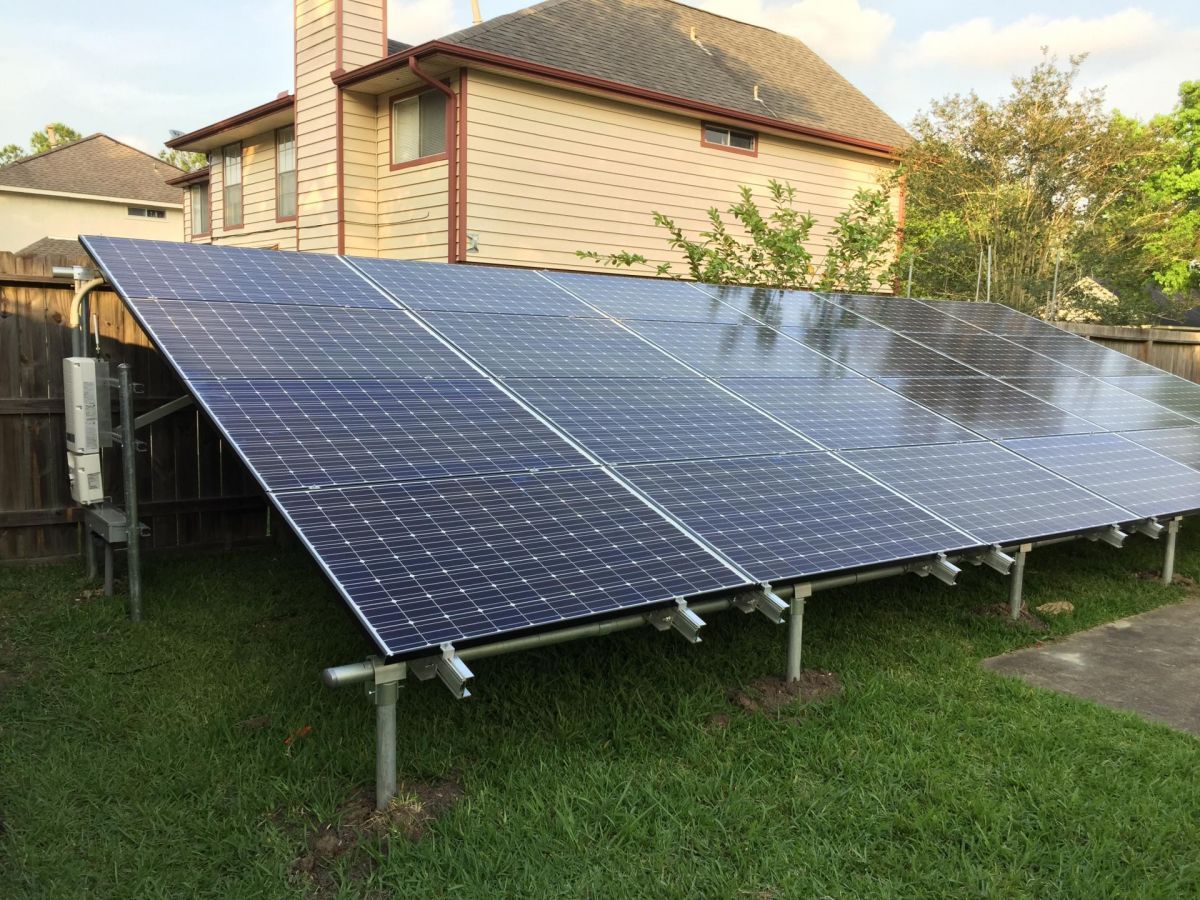
You may have come across the terms ‘N-type’ and ‘P-type’ solar cells in your research. What does this mean? What is the difference in power output, cost, and efficiency of these two types?
What is a Solar Cell Made From? What is The Difference Between an N-type and P-type Cell?
Solar cells are essentially a crystalline silicon wafer with other materials added for electricity production.
A P-type cell has a silicone base with boron atoms infused to create an overall positive charge (hence ‘P’ type). The top silicone layer of the wafer is infused with phosphorus (N-type) to create a p-n junction for electricity flow. P-type cells are the most common type used in solar panel production.
N-type cells are basically the opposite formation of the P-type cell. They have a silicon base infused with phosphorus creating an overall negative charge. The top layer of N-type silicon cells is infused with boron (P-type) for the p-n junction formation.
Why do P-type Cells Dominate in Solar Panel Production?
The first solar cell, created in 1954, was in fact an N-type cell. Solar technology was originally developed for use in space, where P-type cells were found to be more tolerant to radiation damage.
Over the years, more research was invested into P-type cells. When the commercial/residential solar industry developed, P-type panels dominated due to extensive information already available on the technology. N-types did not have the same investment put into its research.
Advantages and Disadvantages of P-type and N-type Panels:
P-type panels are the most common type available for purchase. They are more cost competitive than N-type panels and they have held the largest extent of the market for the last 40 years.
Disadvantages of P-type panels include the boron-oxygen defect. When the cells are formed, a significant concentration of dissolved oxygen presents and forms a recombination area with the boron (under light exposure). This event is called ‘light induced degradation’ and it reduces the efficiency of the cell.
P-type cells are also more prone to metallic impurities such as interstitial iron, these impurities can lower the lifetime of the cell.
N-type cells have many advantages, they are resistant to light induced degradation due to the presence of phosphorus instead of boron within the silicon. This immunity leads to a longer carrier lifetime of the cell and a more efficient, powerful system.
N-type cells are also less prone to metallic impurities that affect P-type cells and have a higher temperature tolerance.
The main disadvantage of N-type panels would be cost. Since N-types come with longer carrier-life and higher efficiency, they are expensive to purchase. Many premium panel brands such as LG Solar, SunPower, and Jinko offer N-type panels for much higher price than P-type.
What Should I Choose?
The greater purity of the N-type silicon allows for higher efficiency, less degradation over time and lower energy losses. This leads to more power generation and higher performance over the panel’s lifetime, outweighing the extra upfront cost when purchasing.

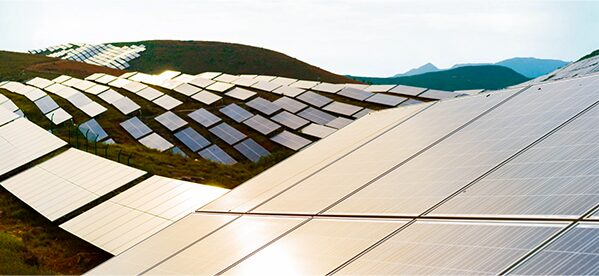
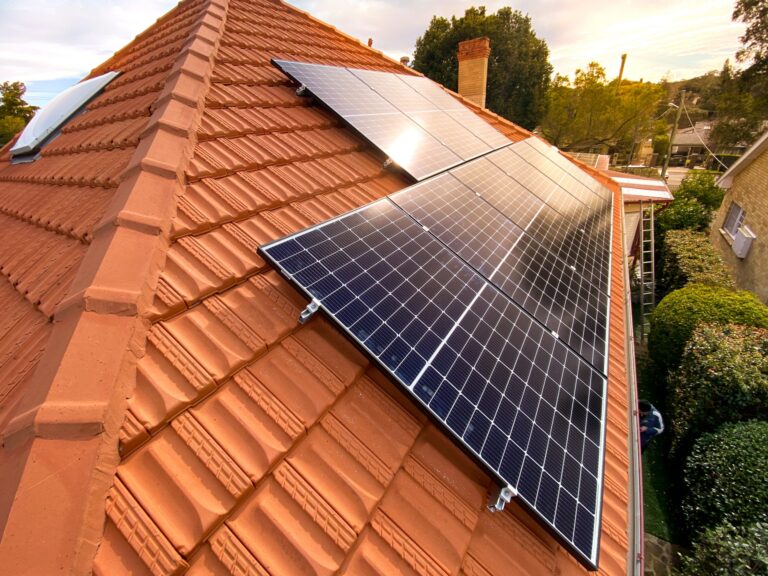
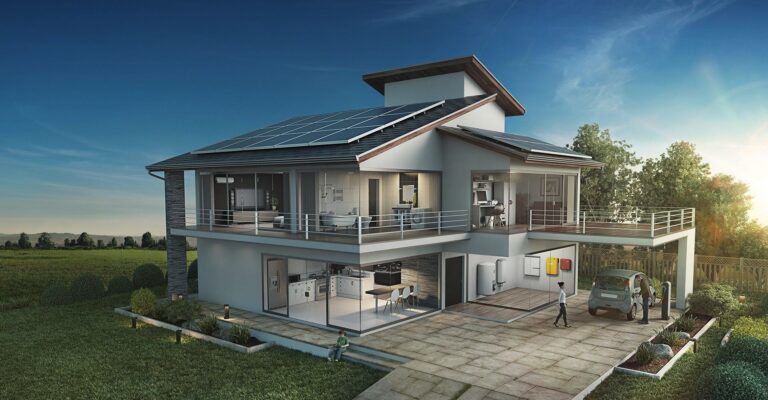

Solar Link Australia is a Market Leader in Solar Photo Voltaic Supply and Installation. (EST 2010). Our team is committed to making renewable energy a major part of Australia’s energy base.
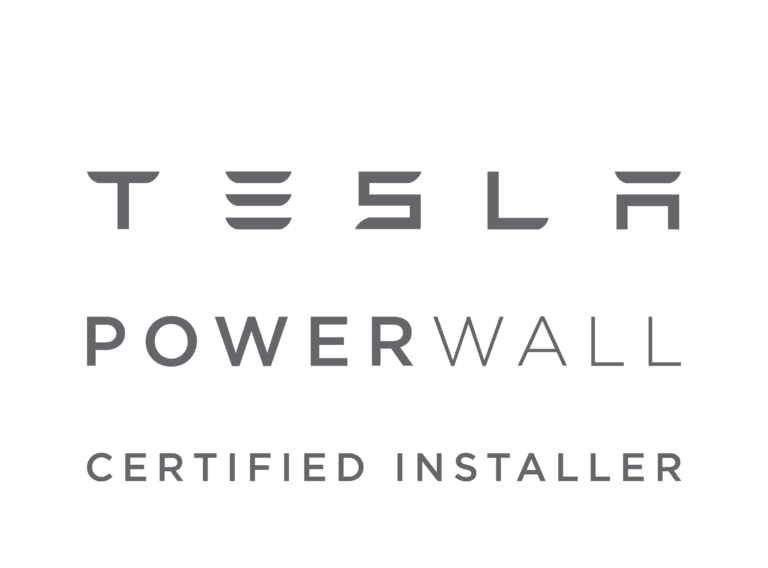




Ready to secure your deal? Request a callback now to lock in your price before the reduction takes effect!

Something isn’t Clear?
Feel free to contact us, and we will be more than happy to answer all of your questions.

or If you need quick assistance
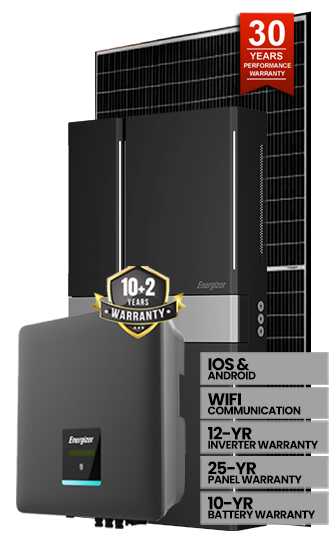
or If you need quick assistance

or If you need quick assistance

or If you need quick assistance

or If you need quick assistance

or If you need quick assistance

or If you need quick assistance

or If you need quick assistance

or If you need quick assistance

or If you need quick assistance

or If you need quick assistance
Something isn’t Clear?
Feel free to contact us, and we will be more than happy to answer all of your questions.

Something isn’t Clear?
Feel free to contact us, and we will be more than happy to answer all of your questions.
2 Responses
I am surprised that in a technically interesting article on N-type wafers that a glaring repeated typo referring to “silicone” material escaped your attention. Especially as the correct reference to “silicon” appeared elsewhere in the article. Not a great problem, just a bit confusing.
Thanks for sharing this info. I have been seen many solar panels reps and they always tell the type they sell is better. Now I know an independent opinion, and can make a better decision.